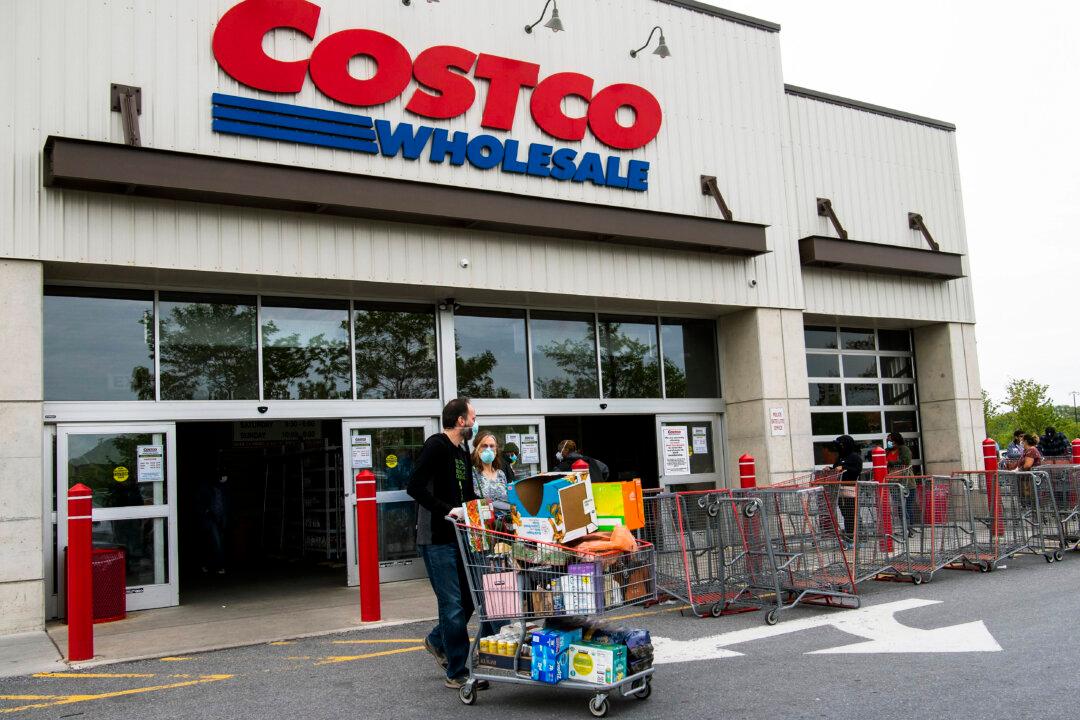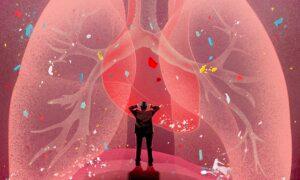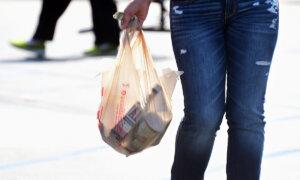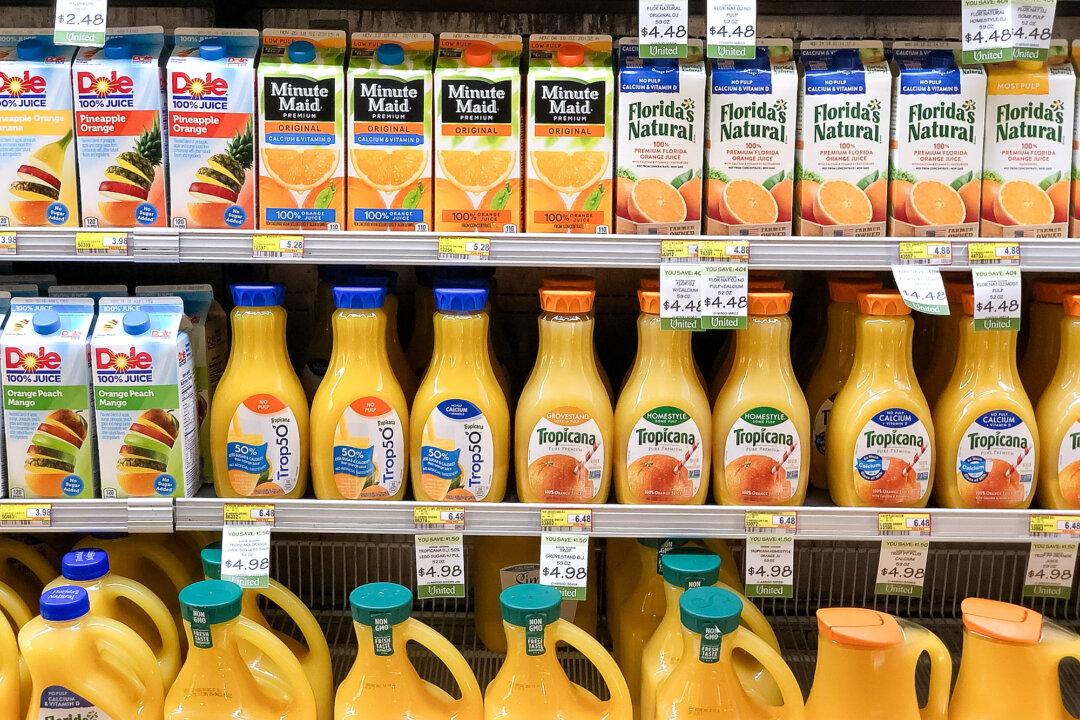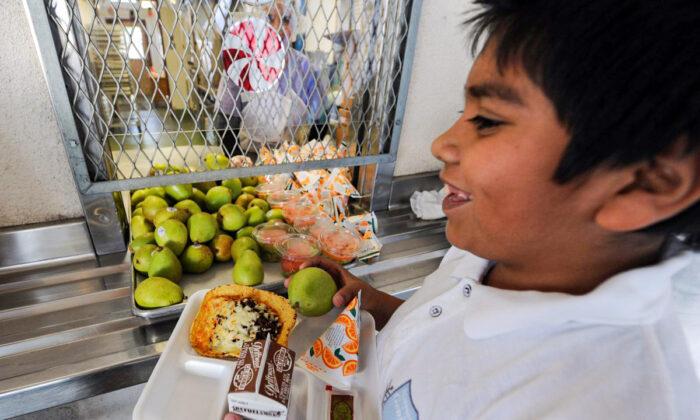Oregon-based Tillamook County Creamery Association has issued a recall for cheese products sold through Costco outlets, citing the risk of plastic contamination.
“Tillamook has identified a very small quantity of gray and black plastic pieces that may be present in a limited quantity of Monterey Jack Cheese,” according to the June 1 letter.
The recalled items, which have a “Best If Used By” date of Oct. 22, were produced for Costco locations in the Northwest.
“In an abundance of caution and as part of our commitment to product quality and safety at the highest levels, we are voluntarily taking action to remove this product from the marketplace,” said the company, citing product number 651195.
Tillamook asked customers to refrain from consuming the product and advised them to return the package to their local Costco outlet for a full refund.
“If you have already consumed the product without issue, you do not need to take any action, as the likely presence of the foreign plastic material is very minimal,” the company said.
The letter contained images of the product. Customers who have further concerns can contact Tillamook at 855-562-3568.
In recent months, there have been multiple instances of food products being recalled for potentially containing plastic.
No illnesses or injuries were reported in either FSIS alerts. However, the agency said it was concerned that some products may be stored by consumers. It advised customers not to consume the items but instead return them to the place of purchase.
Plastic Chemical Contamination
As plastic contamination in food products remains a problem, there are also ongoing concerns about chemical exposure to plastics. According to the activist organization Beyond Plastics, cheese packaged in plastic can expose consumers to harmful chemicals.Chemicals used in plastic packaging can leach into cheese, which is especially absorbent due to its high fat content, says Beyond Plastics. Some packaging chemicals are hormone disruptors or could be carcinogenic.
“Two plastics commonly used to wrap cheeses include low-density polyethylene (LDPE) and polyvinyl chloride (PVC), both of which contain carcinogens and endocrine disruptors that have been observed to migrate,” the organization said.
The study could not determine whether this resulted from plastic absorption into the animal body from feed, water, or air. It was also unclear whether the presence of plastics could be linked to the processing and packaging stages.
However, researchers called for further exploration of the issue. “The production of plastic-free feed for animals may be one of the ways to improve the plastic particle exposure scenario for livestock,” the study said.
The group tested 85 food items from 11 categories: beverages, canned beans, condiments, dairy, fast food, grains, infant food, meat and poultry, packaged fruits and vegetables, prepared meals, and seafood.
Researchers examined the foods for the presence of plasticizers—a chemical used to boost the durability of plastics. The group analyzed two to three samples from each food item, looking for two types of common plasticizers—bisphenols and phthalates—as well as some of their substitutes.
They found that these chemicals remained “widespread” in food products despite “growing evidence” of health risks. Consumer Reports discovered that 79 percent of tested samples contained bisphenols, while 84 out of 85 items contained phthalates.
Bisphenol A (BPA) exposure has been linked with type 2 diabetes, cardiovascular diseases, and high blood pressure. Phthalates have been associated with obesity, type 2 diabetes, lower sperm motility and concentration, early puberty in girls, and cancer.
